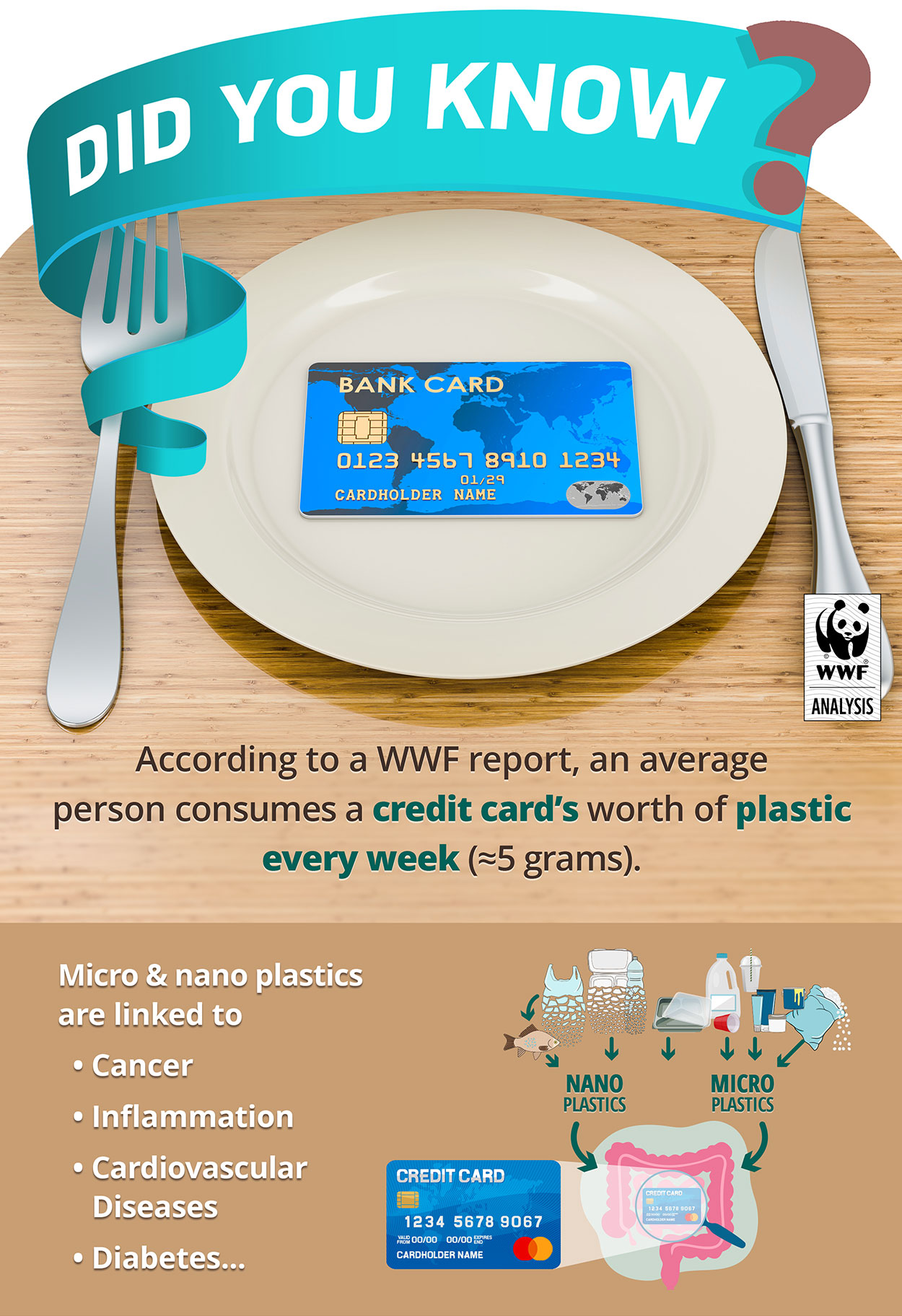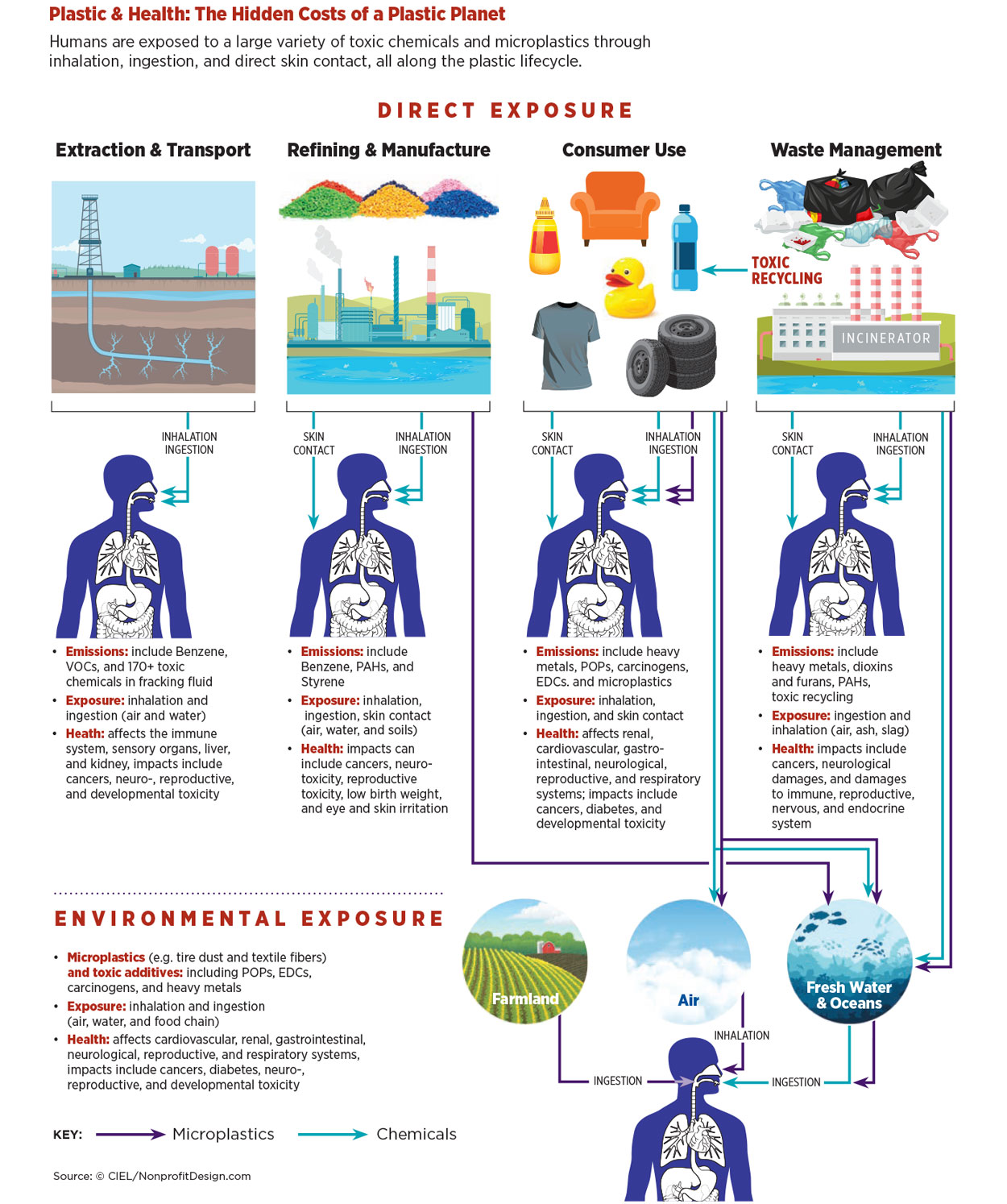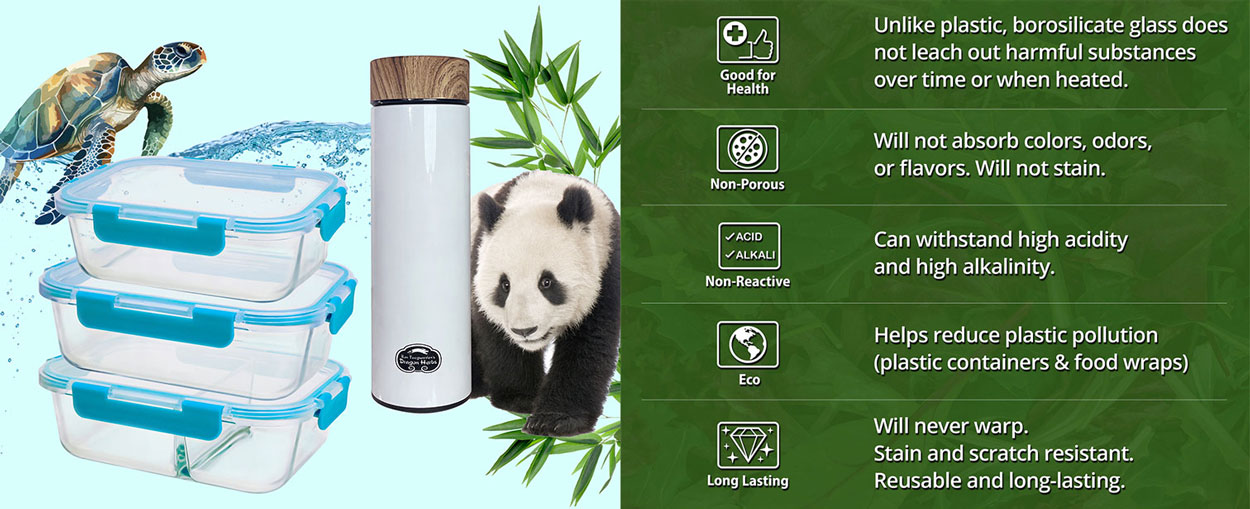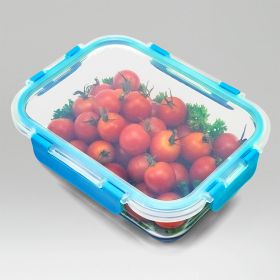This is a demo store. No orders will be fulfilled.
Menu


Call Our Herbalists
Herbal Consultations
VIEW MORE ECO-FRIENDLY TEAWARE »
The Glass Baking & Storage Containers do NOT qualify for free shipping. Shipping gets cheaper relatively with 2 containers or more.



 A study by the University of Newcastle, Australia suggests that an average person could be ingesting approximately 5 grams of plastic every week, the equivalent of a credit card’s worth of microplastics.
A study by the University of Newcastle, Australia suggests that an average person could be ingesting approximately 5 grams of plastic every week, the equivalent of a credit card’s worth of microplastics.












